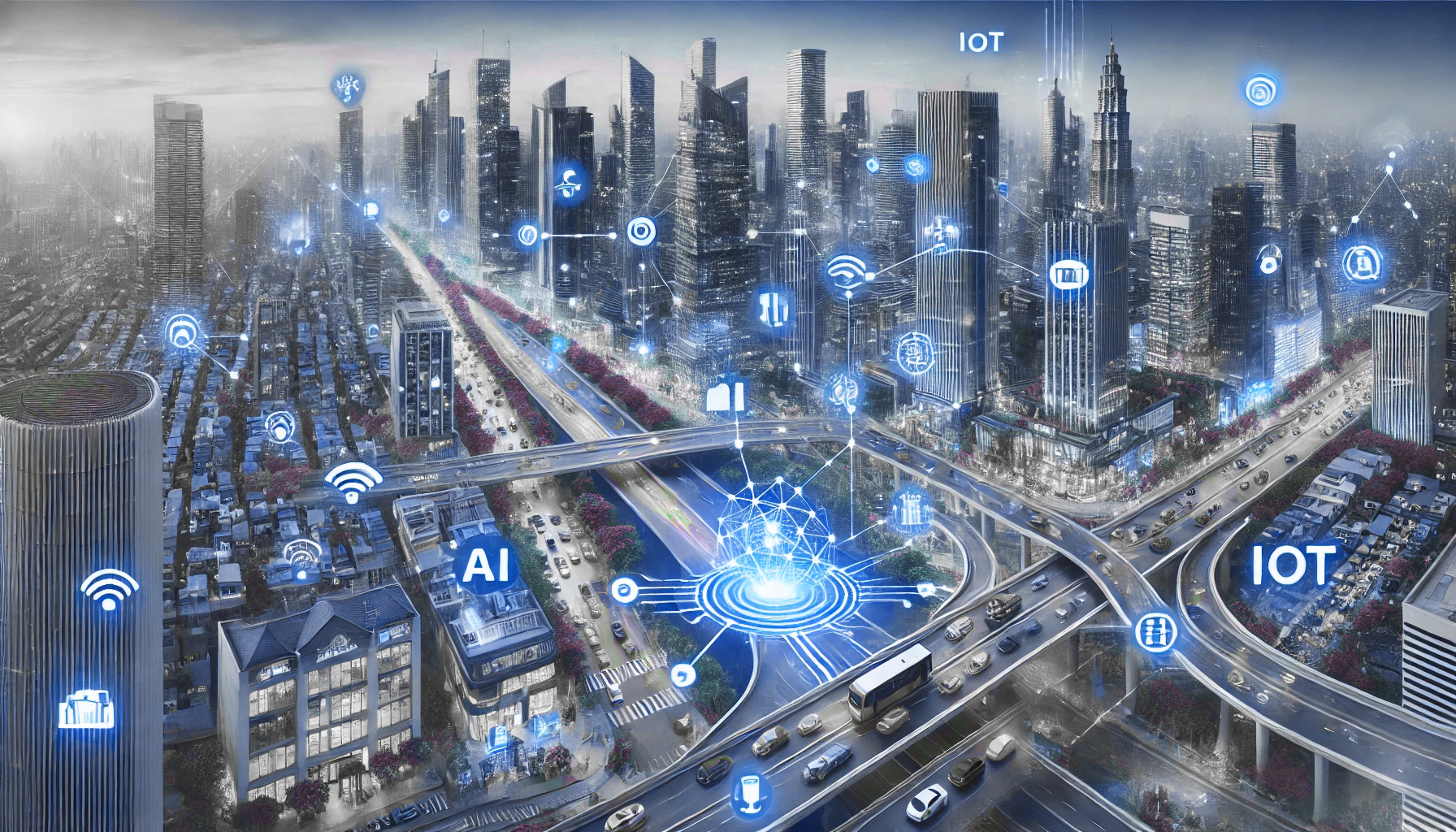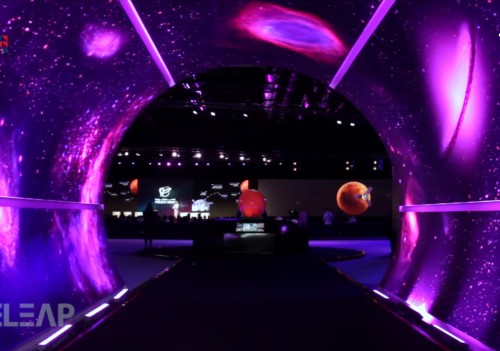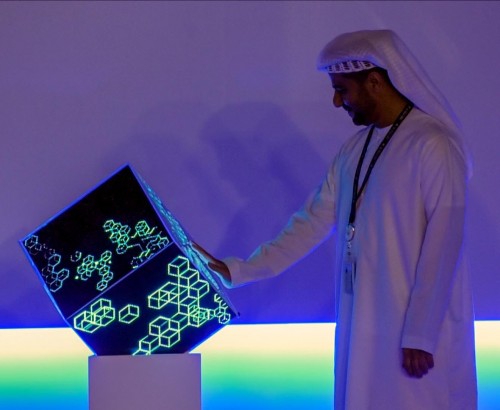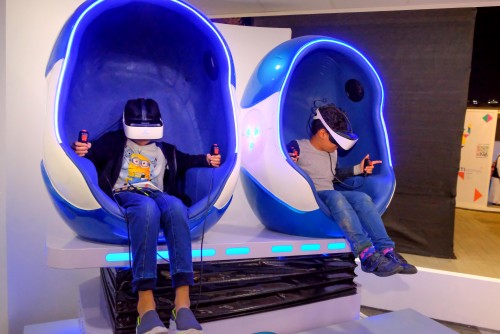The Internet of Things (IoT) in Smart Cities: Paving the Way for a Connected Future

Smart Infrastructure and Maintenance
IoT is revolutionizing city infrastructure through the implementation of smart sensors and devices. These technologies monitor the condition of roads, bridges, and buildings in real-time, allowing for proactive maintenance and reducing the likelihood of costly repairs or safety hazards. For example, sensors embedded in bridges can detect structural weaknesses and alert maintenance teams before a potential failure occurs. This predictive maintenance approach not only extends the lifespan of infrastructure but also ensures safer and more reliable urban environments.
Intelligent Traffic Management
Traffic congestion and inefficient transportation systems are common issues in many urban areas. IoT provides a solution through intelligent traffic management systems that use real-time data to optimize traffic flow and reduce congestion. Smart traffic lights, for instance, adjust their signals based on current traffic conditions, while connected vehicles and sensors provide insights into traffic patterns and road usage. By improving traffic management, cities can reduce travel times, lower emissions, and enhance overall mobility.
Efficient Energy Management
Energy consumption is a major concern for cities striving to become more sustainable. IoT enables efficient energy management by connecting and monitoring various energy systems, such as streetlights, heating, and cooling systems. Smart grids and meters provide detailed insights into energy usage, allowing for more accurate demand forecasting and energy distribution. Additionally, IoT-powered smart streetlights can adjust their brightness based on ambient light conditions, significantly reducing energy consumption and operational costs.
Enhanced Public Safety
IoT enhances public safety by integrating advanced surveillance and emergency response systems. Smart cameras and sensors deployed throughout the city can monitor public spaces for suspicious activities or hazardous conditions. In the event of an emergency, IoT systems can quickly relay critical information to first responders, improving response times and coordination. For example, sensors in public transportation systems can detect and report anomalies, such as overcrowding or equipment malfunctions, ensuring a safer travel experience for residents.
Improved Waste Management
Waste management is another area where IoT is making a significant impact. Smart waste bins equipped with sensors monitor waste levels and notify municipal services when they need to be emptied. This data-driven approach helps optimize waste collection routes, reducing fuel consumption and operational costs. Furthermore, IoT can support recycling initiatives by tracking and sorting waste more effectively, contributing to a cleaner and more sustainable urban environment.
Conclusion
The Internet of Things is transforming cities into smarter, more efficient, and more sustainable environments. By integrating IoT technologies into infrastructure, transportation, energy management, public safety, and waste management, cities are paving the way for a connected future that enhances the quality of urban life. As IoT continues to evolve, its potential to address urban challenges and drive innovation will only grow, making it an essential component of modern smart cities. Embracing these advancements not only improves city operations but also creates more resilient and livable communities for future generations.







 Call
Call
 Mail
Mail